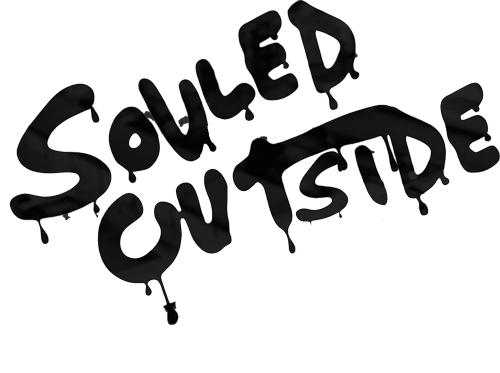A light cut through the darkness 104 feet beneath the ocean. This marked our turning point. As we slowly ascended back towards the surface world, red beams burning through swirling silt and murk, our trio of scuba divers seemed to be ascending towards more than fresh air.
We were an underwater welder that once dropped acid in a school of hammerheads, a jungle shaman whose best work is done on a surf board, and a journalist searching for a new story to tell. We had been to the stark, colorless bottom. And as the tide turned, we were coming into the light.
If you close your eyes, imagine you’re underwater and that the only oxygen you can breathe comes from a garden house attached to a coke bottle strapped to your back, you’ll get an idea of the feeling.
“Hover,” the senior diver said, making a circling motion with his fist about 15 feet below the waves.
On deep dives, stops like this are required so that built up nitrogen in body tissues has time to escape under pressure. Also, so your lungs don’t explode.
The diver looked at his watch, and our wait began.
One. Two. Three minutes ticked by as our group bobbed weightlessly in the current—a kind of no man’s land between the world up top that we’re all used to and the world below that still holds countless mysteries of science, storytelling and biology. Our fins fluttered amidst debris from the previous night’s storms. Our eyes made contact behind masks. Through the gloom, we could see but not speak.
In a way, we’ve all been in this no man’s land for more than a year now, haven’t we? Close but distant to other people. Within sight of, but not living, our old lives.
Whether you’re a diver or not, the COVID-19 pandemic most likely put your life on hold or altered it forever. I know it was like that for me, a travel writer that could touch neither sky nor bottom. This trip, this dive to Panama is my first out-of-country experience since December of 2019. It’s an unfathomable length of time for someone who’s livelihood relies on documenting new places and people. And as thrilled as I am to be vaccinated and once again outside of the U.S., I am also lost.
The pandemic didn’t just take time from me, it restructured my entire personal life. In January, my father passed away from COVID-19. He was 78 years old, and though I didn’t realize it in the moment, dad was the reason I bothered to write the majority of these posts. Without him, my most faithful reader, I struggle to even put my own thoughts together, to find any worth at all in the musings of my mind.
Dad would have been terrified of diving, but he would have been thrilled to read about the adventure of it all. He would have hung on descriptions of sharks, rays, lobster and especially the colorful reef fish that I came face-to-face with in Panama. He would have told me, once again, about his favorite trip of all time…to Mexico. And he would have spit out the same old lines about step pyramids and how he could have “made it” down in Central America in another life.
If life during COVID is like maintaining a perpetual hover, losing dad was like holding that hover inside of a thick fog.
Zero.
The dive watch blinked and we all gave the signal to ascend. We held our arms up, looked skyward and swam through cloudy Caribbean water into the sun.
On the surface, I realized we had done more than log a few deep water dives. What we experienced in the span of 21 minutes was a microcosm of an entire year. It was a flippant entry, a rapid descent into the unknown, and a slow ascent into a place that feels familiar but will never truly be the same.
Up top, I’m not sure how long it will take to find my voice again. I only know that it is important to chronicle these events. It is important to have a record for future me. If someone happens to enjoy reading that record in the meantime, all the better. If that record inspires someone—maybe like you—to get outside of your own bubble and see the world from another point of view, then my life is immeasurably enriched.
In a real way, those actions give me oxygen.
For now, I’m going to keep swimming along and writing what I can, and I’m going to remember the most important rule of all underwater while I’m up top—always keep breathing.











